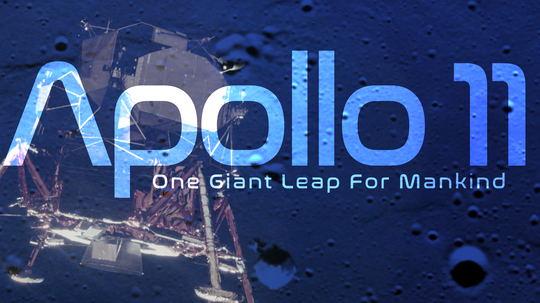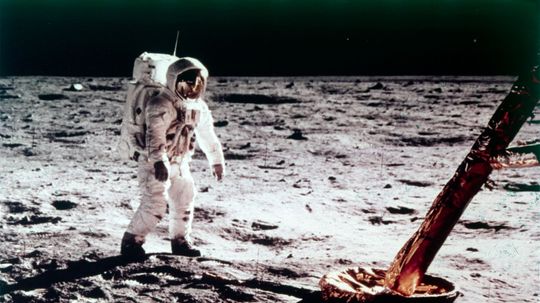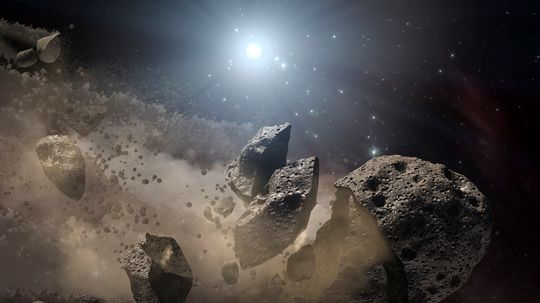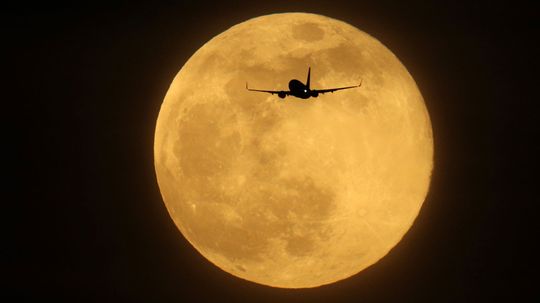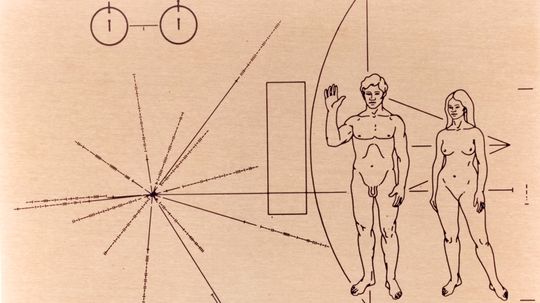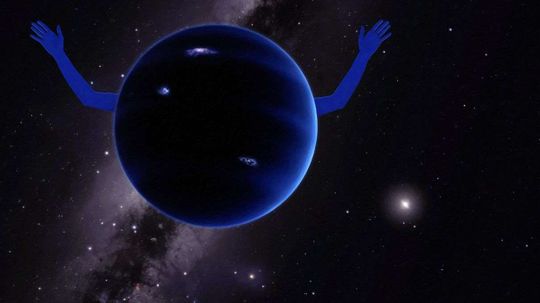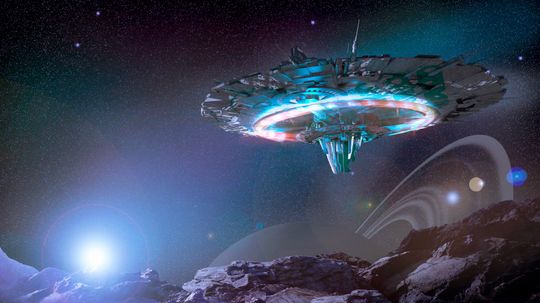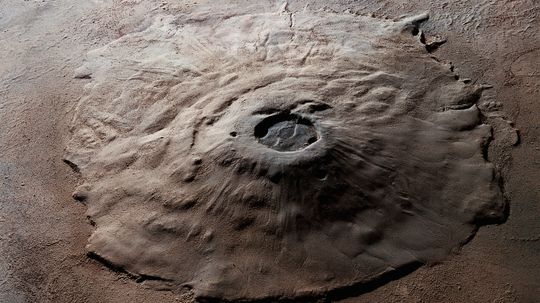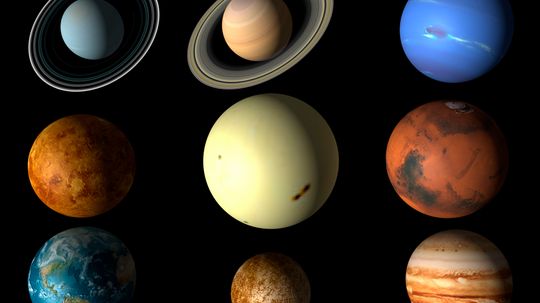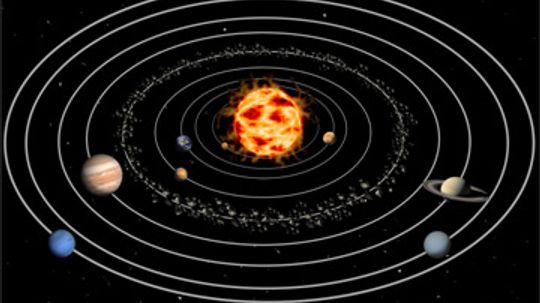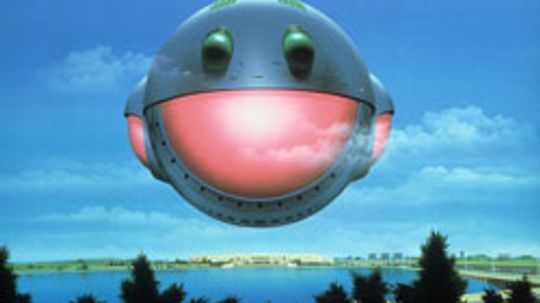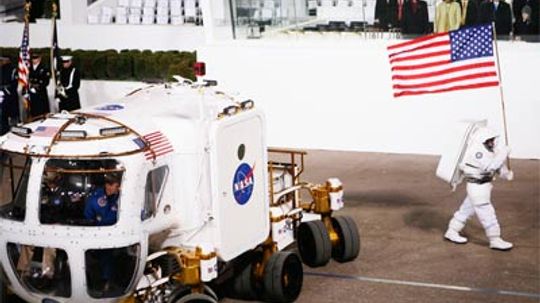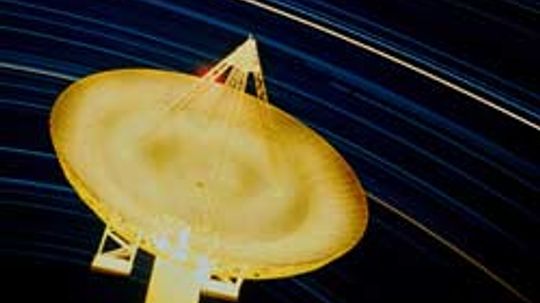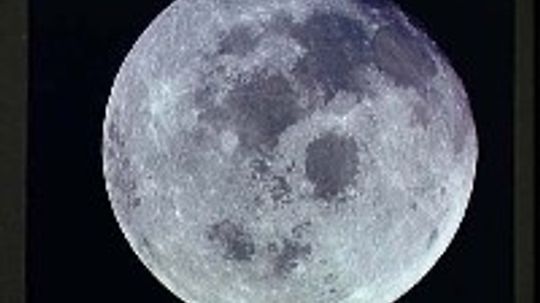Space
Explore the vast reaches of space and mankind's continuing efforts to conquer the stars, including theories such as the Big Bang, the International Space Station, plus what the future holds for space travel and exploration.
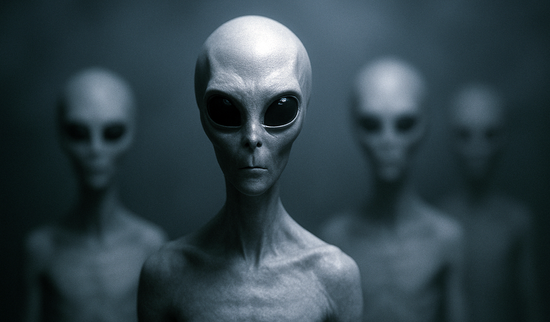
Tall Whites: The Classic Extraterrestrial Archetype
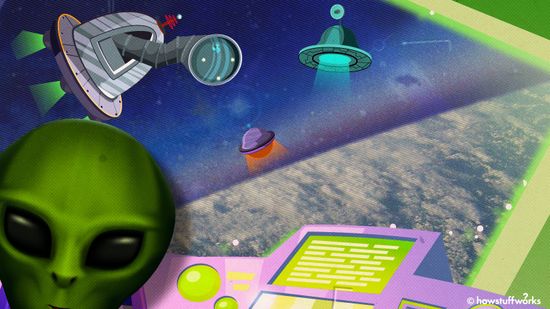
The Zoo Hypothesis: Are Aliens Watching Us Like Animals in a Zoo?
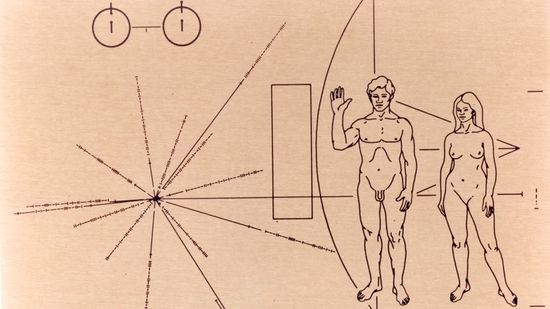
Communicating With Aliens Is Hard. Communicating With Alien AI Could Be Harder
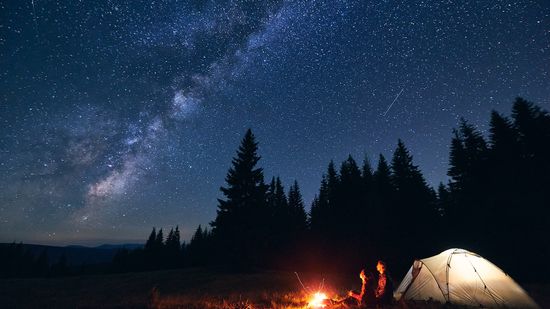
10 Types of Stars Blazing and Collapsing in Our Universe
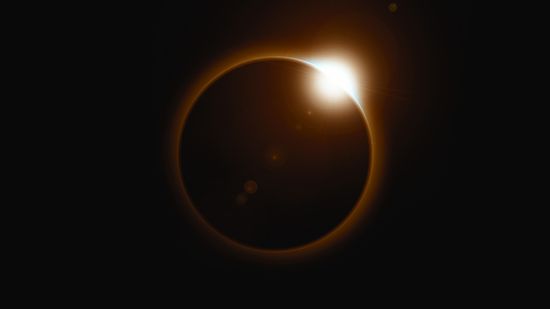
7 Types of Eclipses: Lunar, Solar and ... Hybrid?

Why a Geomagnetic Storm Makes for Pretty Skies and Tech Scares
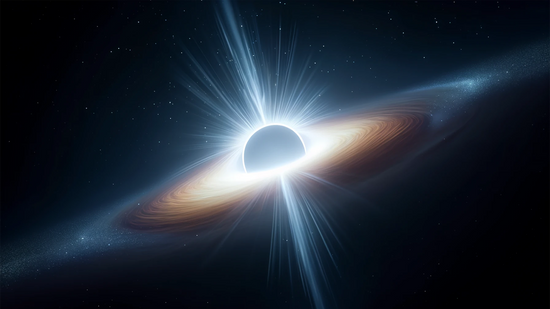
What Is a White Hole? Does the Cosmic Phenomenon Exist?
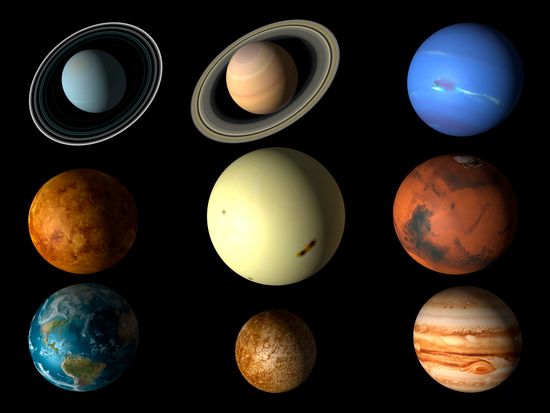
10 Best Ideas for Interplanetary Communication
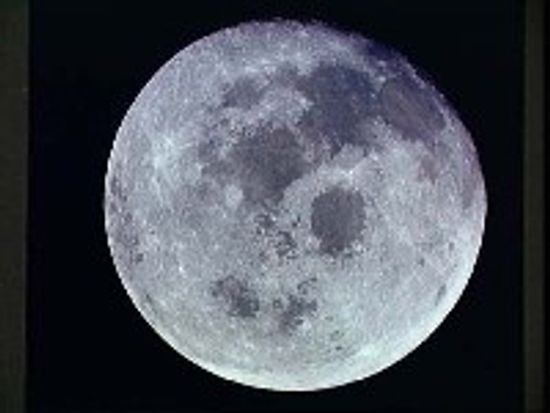
How can the moon generate electricity?
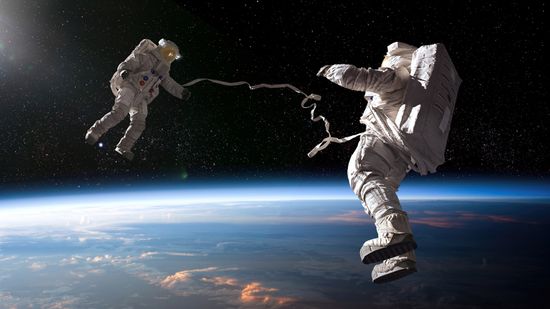
Is an Astronaut Stuck in Space a Rare Occurrence?

What Really Happened to Yuri Gagarin, the First Man in Space?
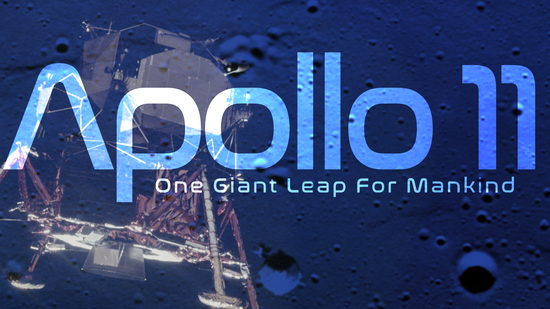
Apollo 11 One Giant Leap For Mankind
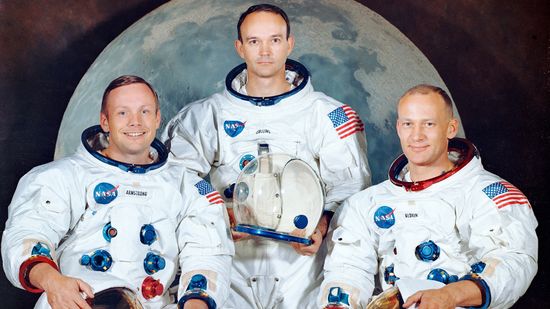
15 Famous Astronauts Who Expanded Our Universe
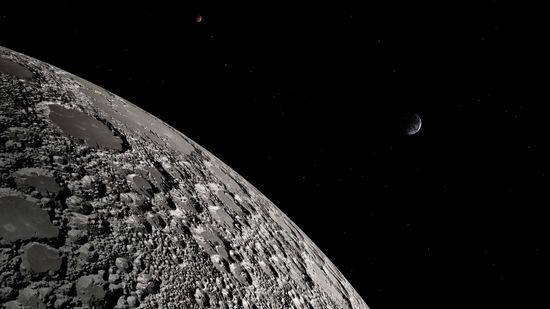
2023 India Moon Landing Was World's First at Lunar South Pole
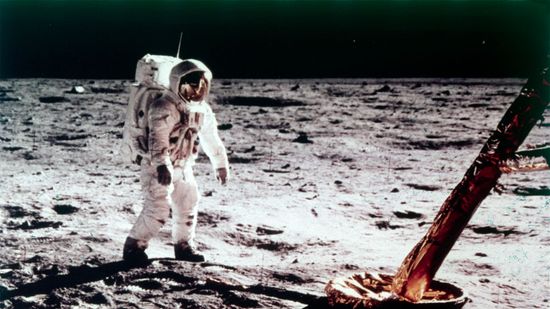
Quiz: Apollo 11, the First Moon Landing
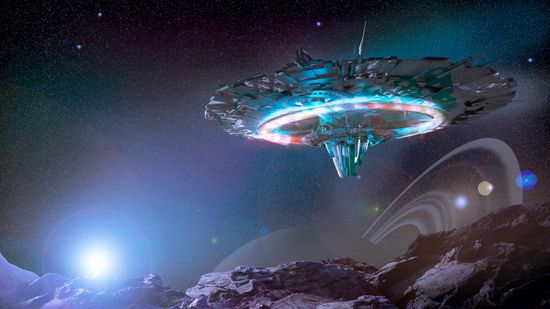
The Fastest Fictional Spaceships

10 Fictional Spacecraft We Wish Were Real
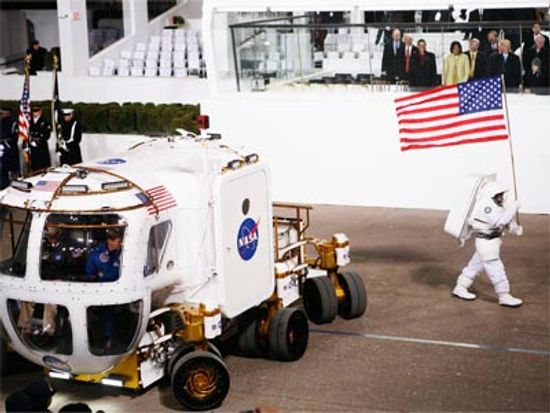
How Lunar Rovers Work
Learn More / Page 2
He stood just 5 feet, 2 inches. But Gagarin cast an enormously long shadow in space exploration, both for his achievements and his mysterious death.
We're celebrating the 50th anniversary of Apollo 11's historic journey to the moon.
It's been more than 50 years since humans first landed on the moon. Pull up a lunar module and let's see how much you know about Neil Armstrong, Buzz Aldrin, Michael Collins and the adventure that immortalized them.
By Mark Mancini
Advertisement
Why do planets in the solar system all seem to be round? Why not cylindrical? Or even cube-shaped?
By Mark Mancini
So what does that mean for good ol' Earth someday?
In the darkness of space, we're comforted by our moon, the circular inspirer of song lyrics, poetry, and wannabe astronauts. But what do you really know about the moon and its history? Take this quiz to find out.
Those stars twinkling in the nighttime sky may actually be crystal spheres. And our beloved star is headed in that direction, too. Eventually.
Advertisement
If you think about it, it'll likely be an alien machine that encounters our probes searching for intelligent life. How's that going to work?
By Greg Fish
A massive planet 10 times the size of Earth seems to have been lurking on the edge of our solar system for some time now. How come we never noticed it before?
If you asked, most science fiction fans could probably name their favorite spaceships from television or cinema. Whether it's the USS Enterprise or an Imperial Star Destroyer, they're all pretty equal on the imaginative scale. However, when it comes to sheer speed, there are some fictional spaceships that are clearly faster than others. The Milano [...] The post The Fastest Fictional Spaceships appeared first on Goliath.
By Wes Walcott
He was responsible for some of humanity's greatest achievements, and his name now graces a massive NASA project. But how did a law degree lead to being a space pioneer?
Advertisement
Fling away your Fodor's! Toss your TripAdvisor! We have the only guided tour of outer space you'll need -- a foray into the final frontier so ambitious it will make the Voyager probes' Grand Tours look like daytrips.
In the future, as we send space probes and manned missions to explore the solar system and possibly colonize other worlds, there's a major problem that we'll have to overcome -- keeping in touch with them.
Killer asteroids are all fun and games -- until they're headed for Earth. How do we stop cosmic hot potatoes from wiping out our planet?
It's not a pleasant thought, is it? But when you mix chaos theory with a few crazy cosmologists, those tidy, predictable orbits start getting lively.
Advertisement
In honor of Douglas Adams and galactic hitchhikers everywhere, we submit this list of 10 spacecraft that we hopelessly pine for. Mindboggingly beautiful!
By Robert Lamb
Sunspots are peculiar dark areas that show up regularly on the surface of the sun -- and often for no reason. What causes them? What effect could these funny little spots have on the Earth?
Human beings have only gone as far as the moon and back -- and that's certainly an accomplishment in and of itself. But what other methods do scientists use to learn about our galaxy and beyond? What have we achieved so far in our exploration of the final frontier?
By Rick Mayda
Driving on Earth is tough enough. What happens when you throw in craters, unexpected solar events and backseat driving from your fellow astronauts while you bump over the moon?
Advertisement
When there are 16 sunsets every day, getting some shut-eye becomes a bit of an issue. Do astronauts get through it with some warm milk as they float?
In the 1960s, space food was either cubed or tubed, and it wasn't very appetizing. Today's astronauts have a more palatable array from which to choose. Where is it developed?
As every fledgling and seasoned astronomer knows, groups of stars that form some sort of arrangement are known as constellations. Peer at some of the most famous constellations that humans use to navigate, divine the future and tell stories.
The science of rocketry is extremely complex and, at times, dangerous. This collection of images highlights the tech that gets all that science off the ground.
Advertisement
Radio telescopes can give us some impressive insights into the universe. This collection of pictures highlights some of the images these telescopes have captured.
By Rick Mayda
Researchers are using the moon's gravitational pull on bodies of water to test underwater turbine electricity production. It's considered clean power, but is it completely safe?
By Josh Clark

